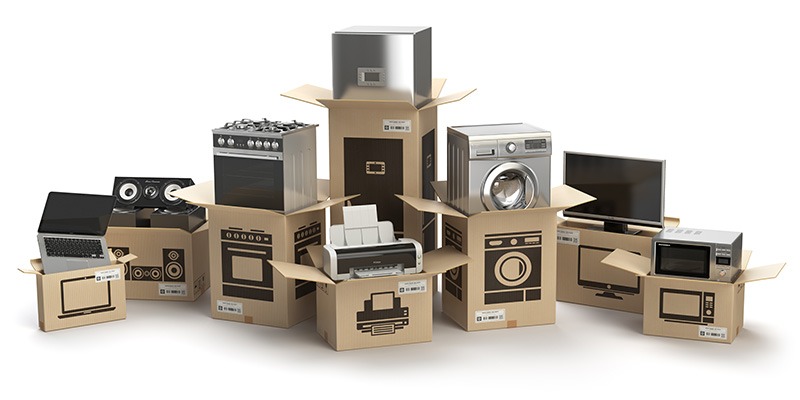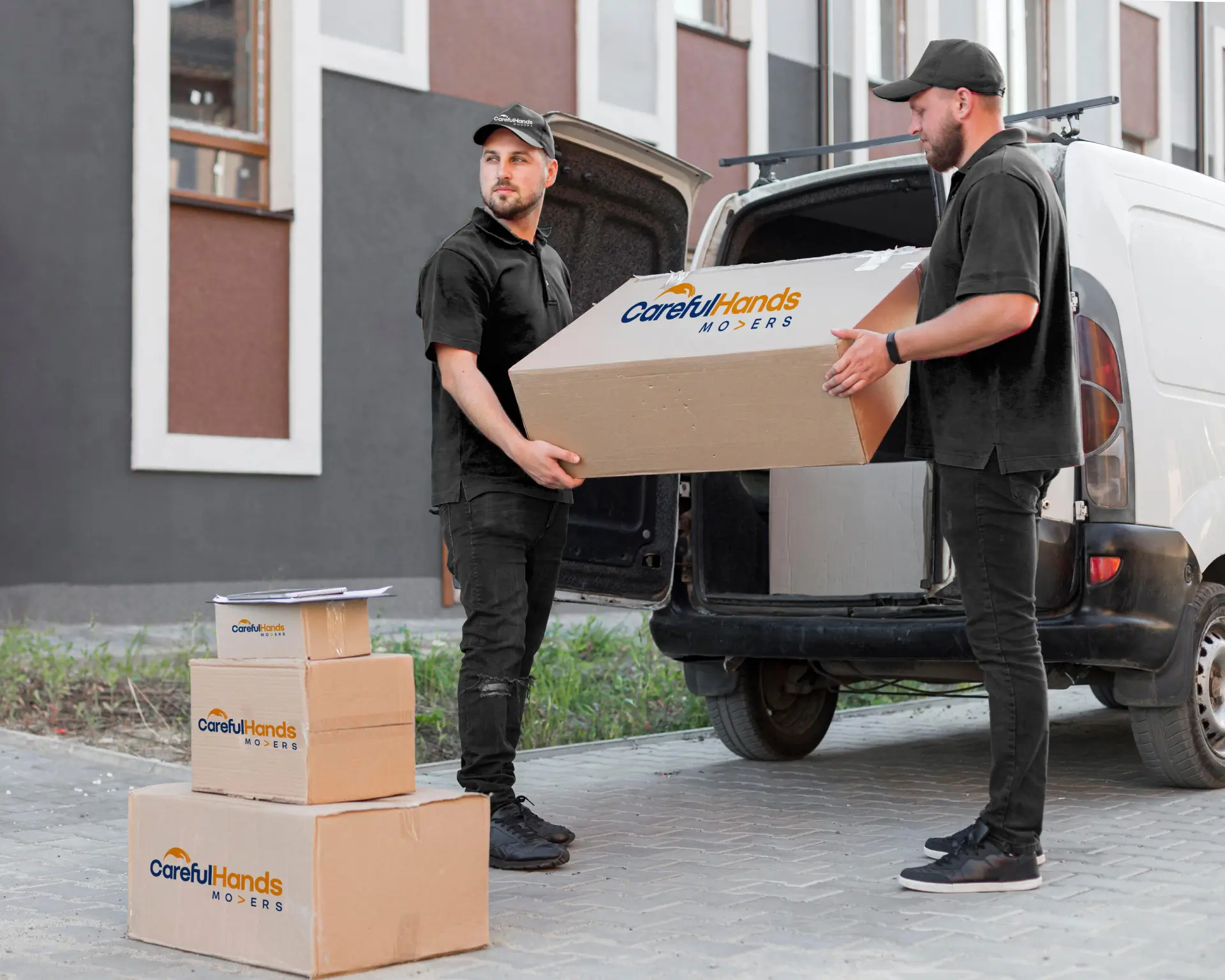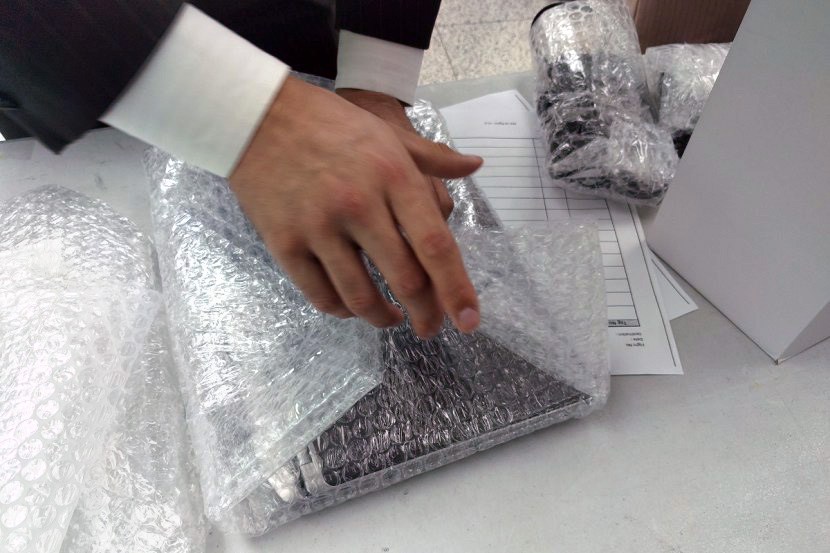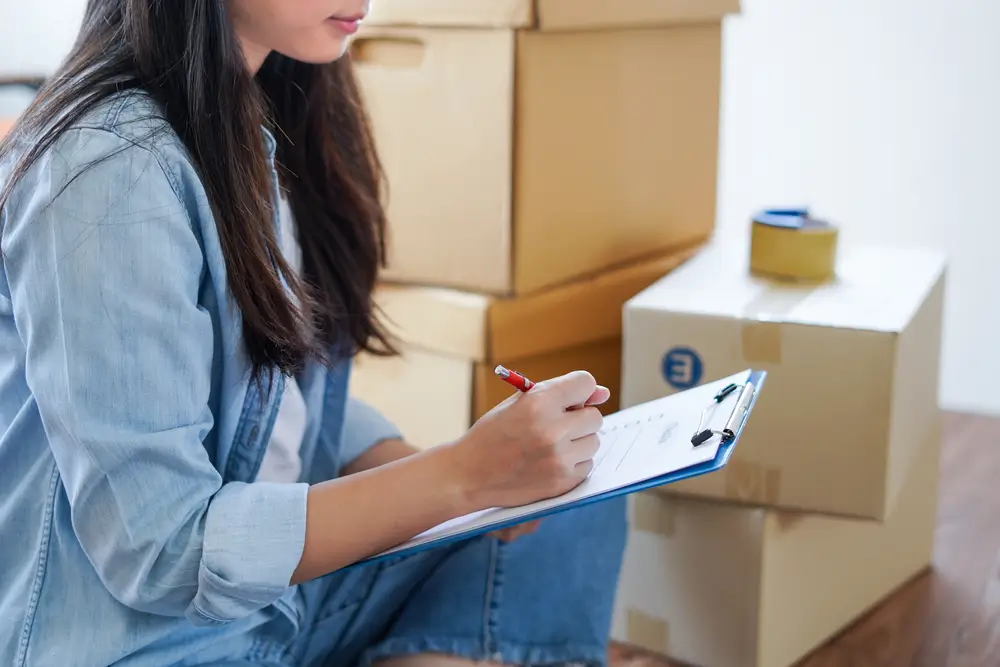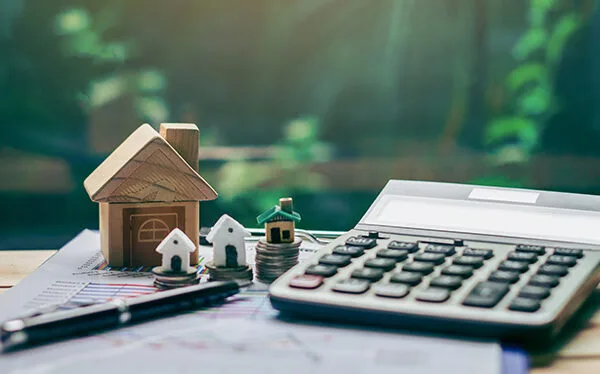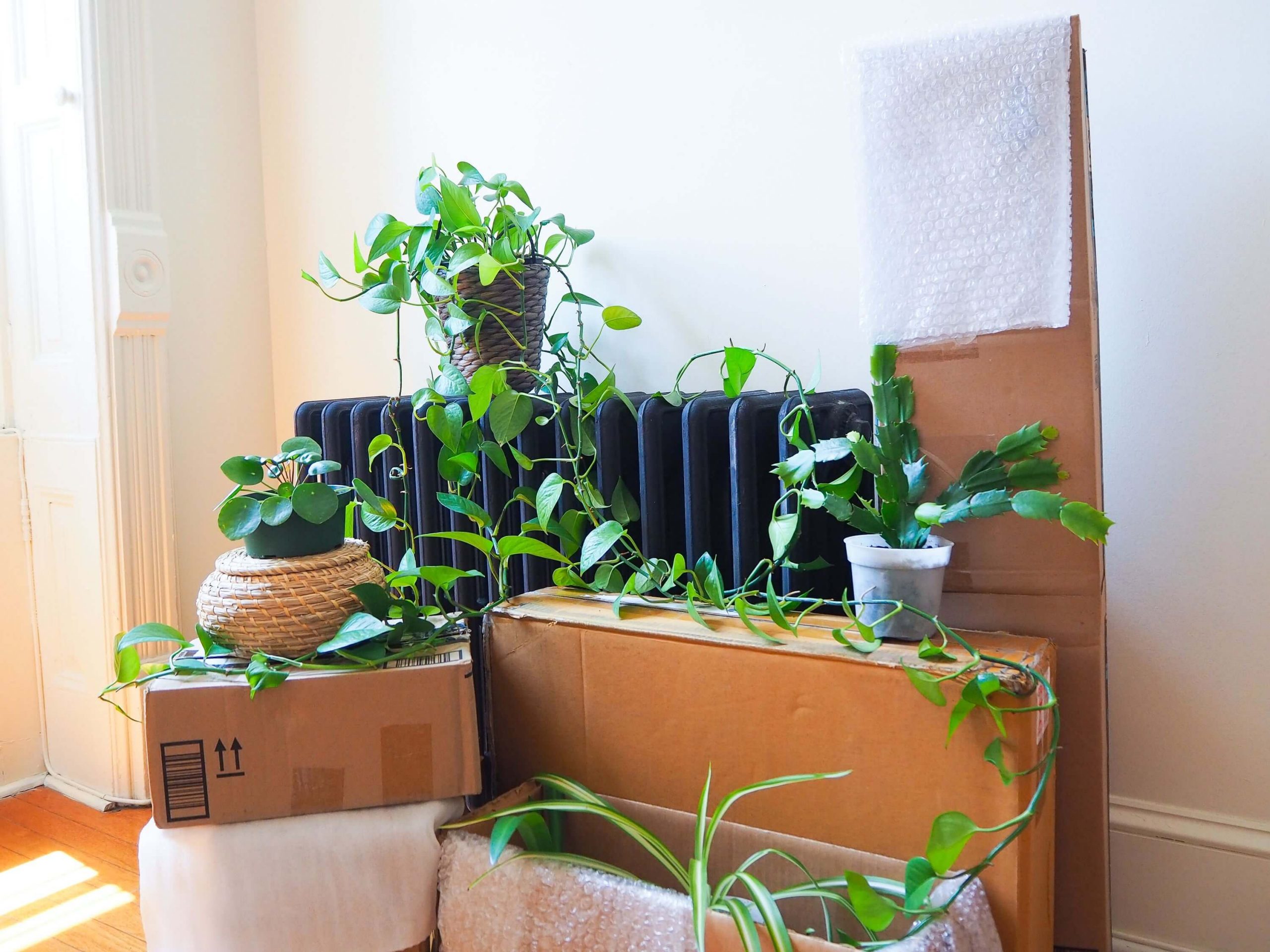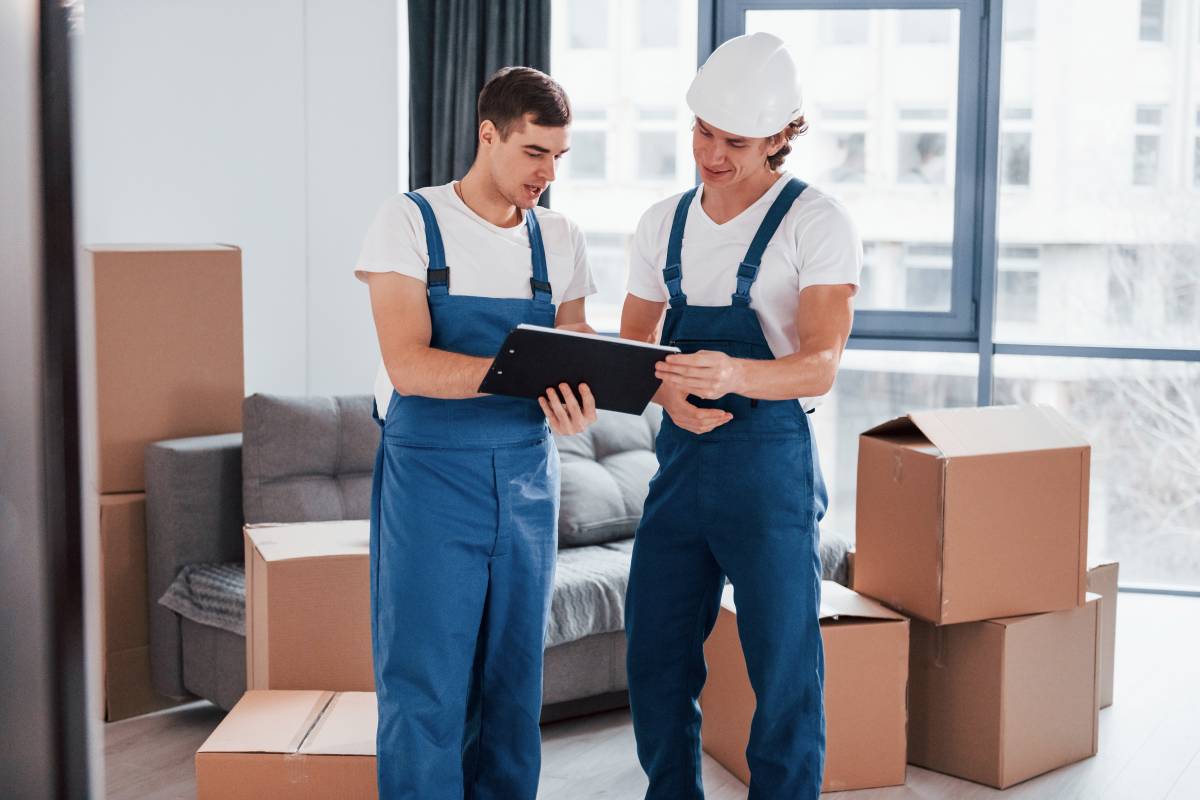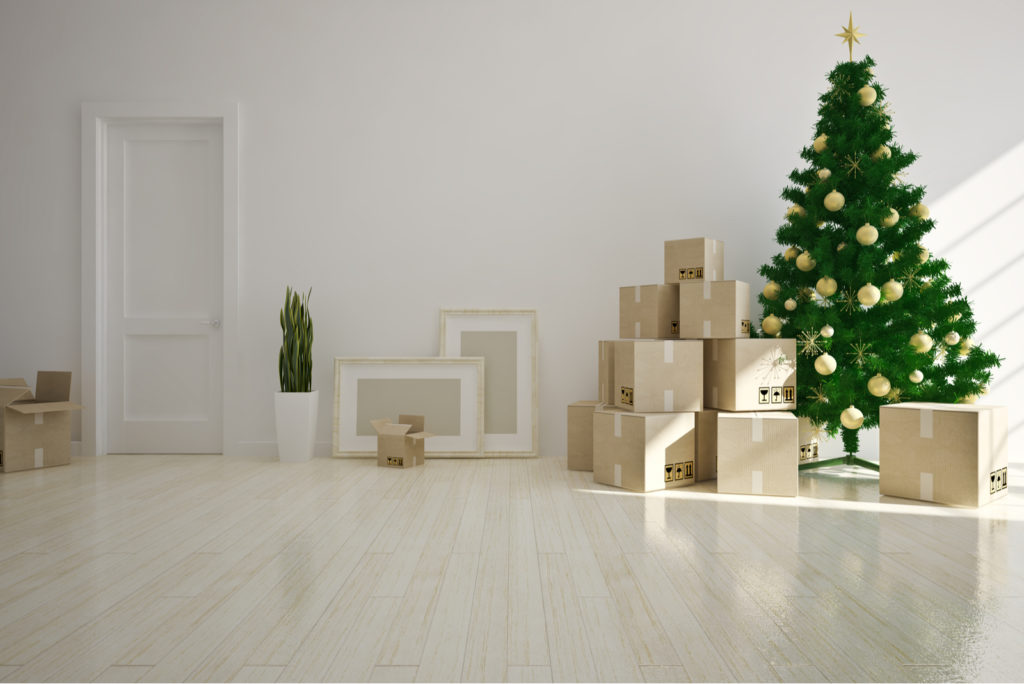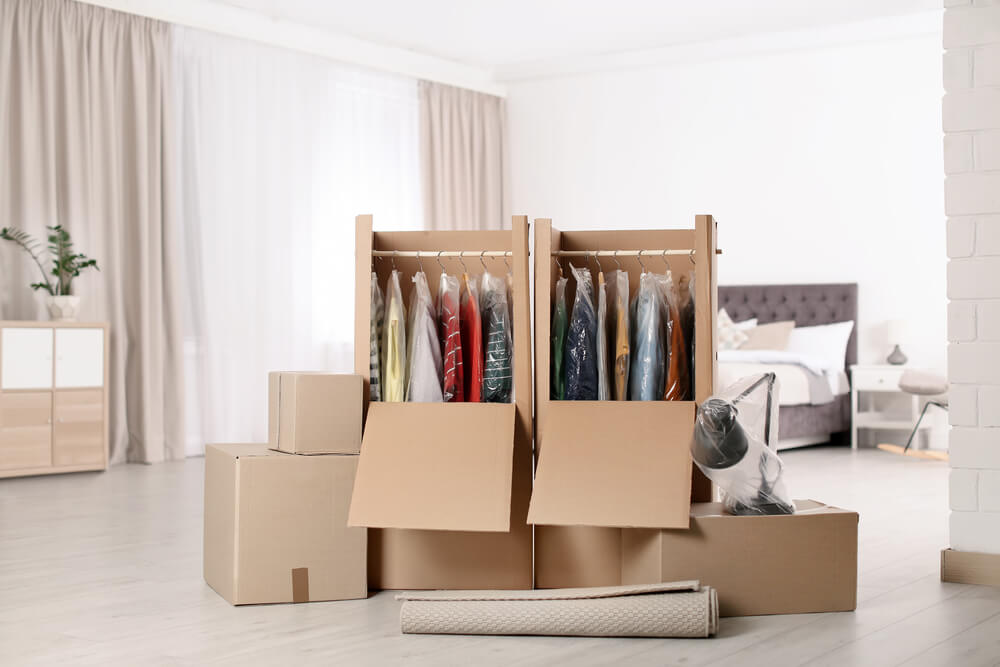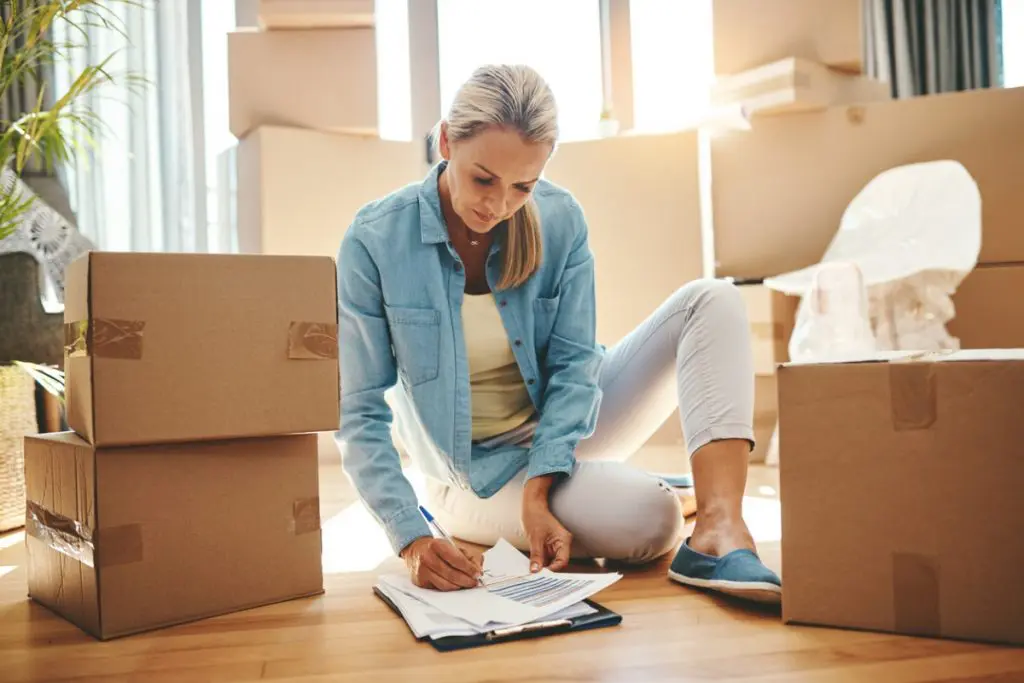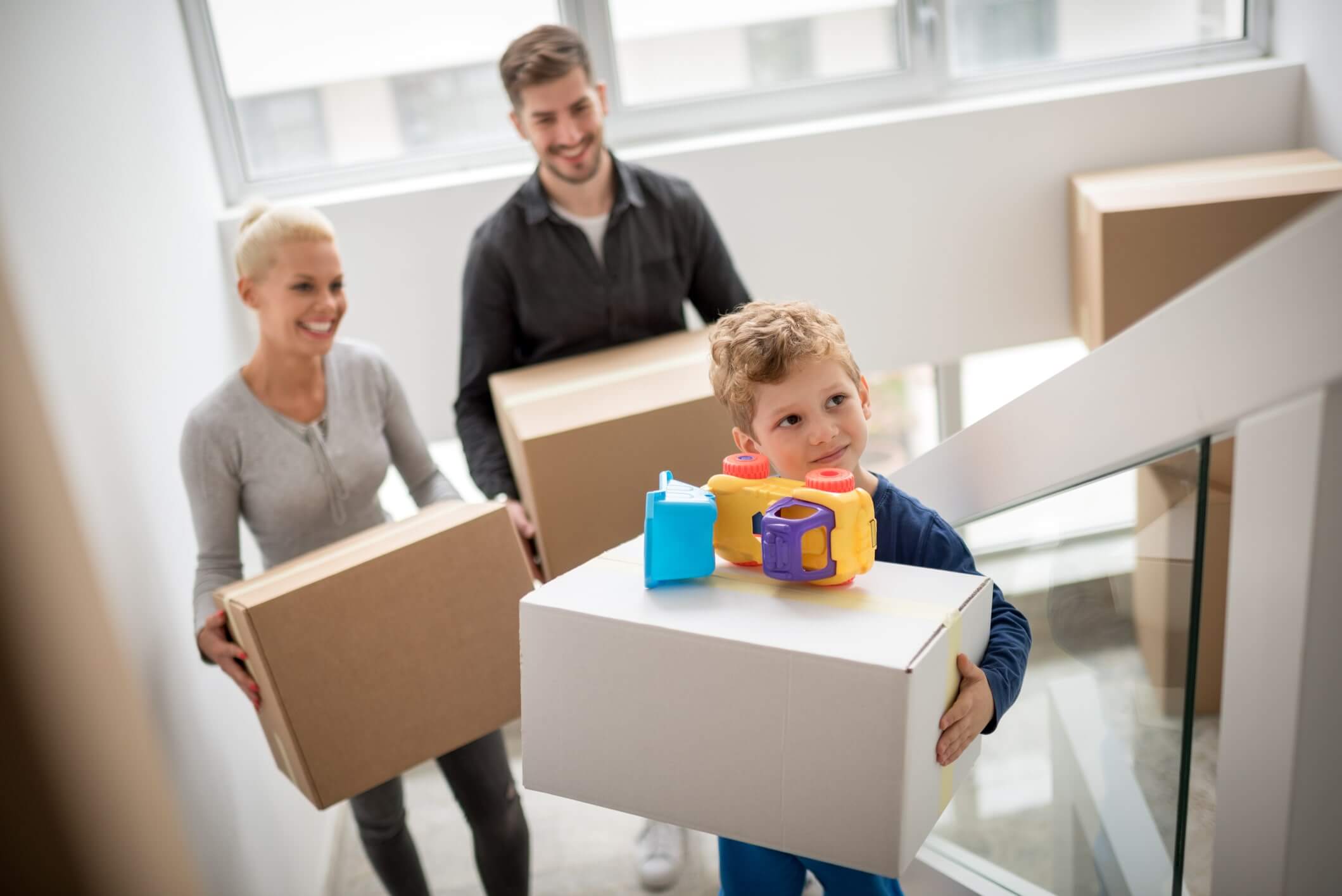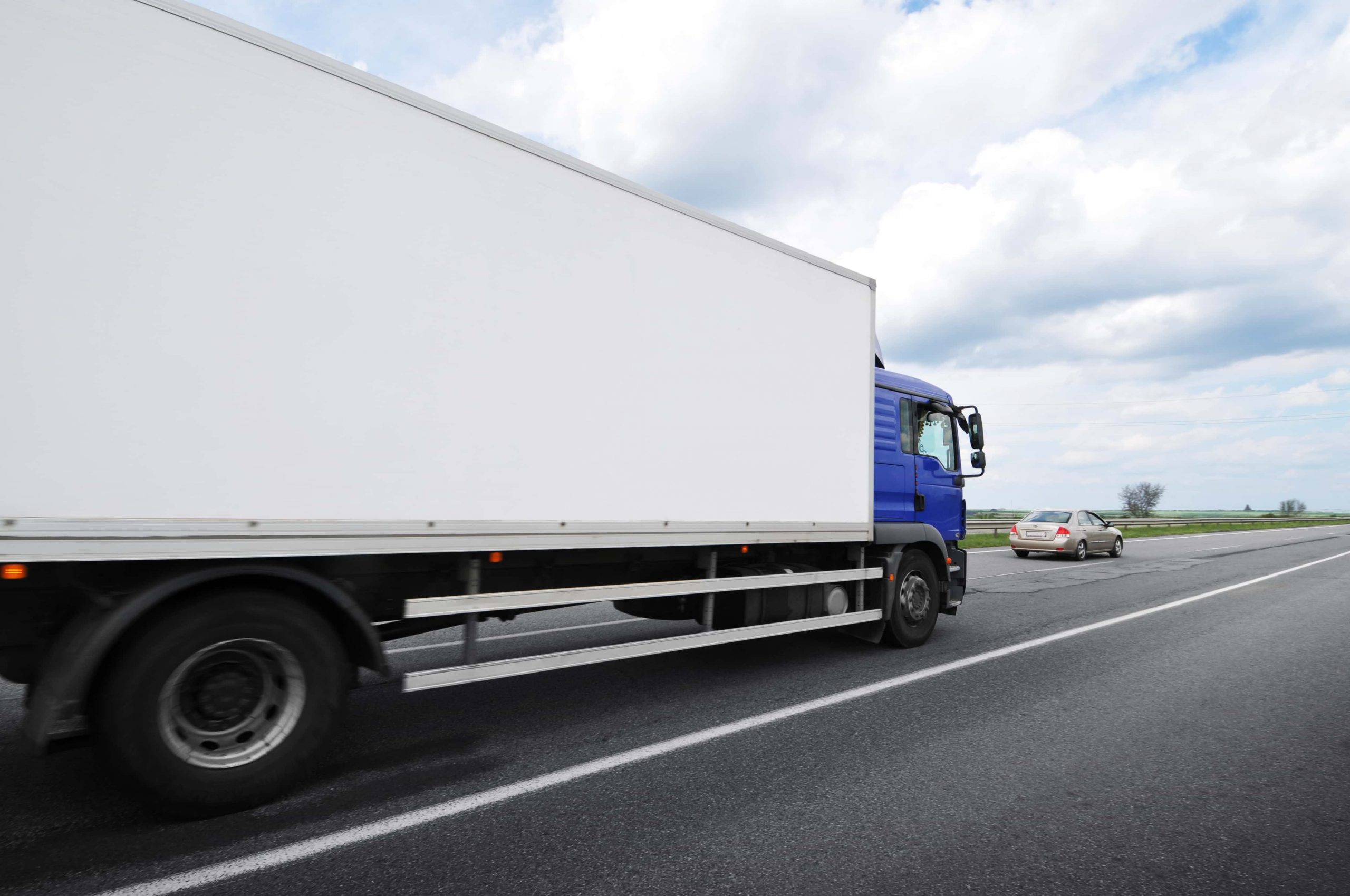How to Handle Your Electronics Properly During a Move
When it comes to relocating, preparing your electronics for the move can be a daunting task. Whether you’re moving across town or out of state, you want your devices to arrive in one piece so they can continue to serve their purpose in your new home. Fortunately, there are steps you can take to ensure that all of your electronic items survive the journey without any damage. With proper planning and preparation, you can keep your electronics safe during a move and ensure they are ready for use on arrival day.
In this article, we will discuss how to handle and pack up electronics safely when relocating so that everything arrives intact at its destination.
Here are some tips for handling your electronic devices properly during a move:
Pack your electronics in their original boxes.
These boxes are designed to protect your electronics during transport because they can provide the optimal level of cushioning and protection. If you don’t have the original boxes, make sure to choose a box that is slightly larger than your electronic device so that there is enough room for extra padding material like bubble wrap or foam sheets.
If you don’t have the original boxes, use bubble wrap, foam sheets, or other protective materials to wrap your electronics.
This will help prevent damage during the move. Cover all sides of the device and add extra padding for sensitive parts like LCD screens, keyboards, or other fragile components.
Label each box clearly with the contents so you know what’s inside. This will help ensure that your electronic items are handled properly during transport and can be quickly identified and unpacked on arrival.
Label your boxes clearly and distinctly to know which package contains the electronics.
This will make it easier to locate the right items when you reach your destination.
Make sure to back up all of your data before packing. This is an especially important step if you’re moving with a laptop or other device that stores personal information and files. You want these items to be noticed during the move, so make sure to back up your data before packing.
Disconnect all cables and cords from your electronics before you pack them.
This will prevent damage to both the electronics and the cords. Ensure to properly coil or store the cords to stay intact during transport.
If packing a computer, shut it down properly and remove any disks or USB drives.
This is because computers can be sensitive to changes in temperature and humidity during transit. This could cause freezes, crashes, or even complete data loss if the computer is turned on during the move.
When loading your electronics onto the moving truck, place them on heavier boxes to prevent damage.
You want to do this because any shifting or jostling of the boxes during transport can cause damage to lighter, more fragile items.
If you are moving a large electronic item, such as a TV or refrigerator, make sure to secure it with straps or other restraints to prevent it from shifting during transport.
This will help ensure that your items stay in one place and arrive safely at their new location. For example, you can use furniture straps or tie-downs to keep your things from shifting.
If you are moving long distances, consider using a climate-controlled truck to transport your electronics.
This will help protect them from temperature and humidity fluctuations. It is especially important to use climate-controlled moving trucks when transporting electronics over long distances.
Finally, consider hiring professional movers to handle your electronics, especially if you are moving large or fragile items.
This can help ensure that your electronics are handled safely and securely during the move. Professional movers will know how to properly pack and secure your items to arrive at their destination in the same condition as when they left. Professional movers can also provide additional insurance coverage for your electronics, which can help protect you from any damage or loss during the move.
This is important because moving can be stressful, and electronics are expensive. Taking the extra steps to protect your electronics during a move will help ensure that they arrive safely and in good condition so you can continue to enjoy them for years to come.
Packing Electronics: why are electronics challenging to move?
There are several reasons why electronics can be difficult to move:
- Many electronics are fragile and can be easily damaged if not handled carefully.
- Electronics often have delicate components that can be easily damaged if jostled or bumped during transport.
- Many electronics are expensive, so there is a higher risk of a financial loss if damaged during the move.
- Electronics often have multiple cords and cables that can be difficult to manage during a move.
- Some electronics, such as large TVs or refrigerators, are heavy and bulky, making them difficult to transport.
- Finally, electronics are sensitive to temperature and humidity fluctuations, so protecting them during the move is important to prevent damage.
For these reasons, it is important to handle your electronics carefully and use proper packing materials to protect them during a move. Consider hiring professional movers to help with large or fragile electronics, or at least enlist the help of friends or family to ensure your electronics are handled safely.
Which Electronics Need More TLC During a Relocation?
Some electronics require a little more care and attention when moving to ensure they are not damaged during the relocation process.
- Large appliances, like refrigerators and washing machines, should be disconnected from all power sources before the move. Additionally, you may need to defrost any built-in freezers before moving day.
- Televisions, both flat-screen and traditional tube TVs, are susceptible to damage from being jostled during the move. Consider using bubble wrap or foam padding to protect the screen from scratches.
- Desktop computers should be unplugged and all cables disconnected before moving day. If you have multiple components for your computer setup, consider packing each element in its box with plenty of padding.
- Laptops should be backed-up to an external hard drive before the move, and all software should be updated to ensure compatibility with your new home’s network. Additionally, consider investing in a protective laptop bag to keep electronic devices safe during transit.
- Smaller electronics like gaming consoles and sound systems should be packed individually in their boxes with plenty of packing material to prevent them from being jostled around.
- Anything with sensitive data should be securely backed up before the move, as you never know what might happen when you pack electronics for transit.
What Can Go Wrong When You Handle Electronics Improperly?
The consequences of mishandling electronics can be severe and sometimes even catastrophic. Improper handling can cause electric shock or fire hazards and damage to the device itself. In addition, static electricity buildup can cause components to short circuit, potentially leading to irreparable harm.
Furthermore, not following instructions for proper use may result in the device not functioning correctly and voiding its warranty. Additionally, some devices contain hazardous materials such as lead, cadmium, or mercury that can threaten human health and the environment if mishandled. For these reasons, it is important to take extra care when handling electronics.
The best way to handle electronic equipment properly is always to follow the manufacturer’s instructions.
Additionally, be sure to use protective equipment such as gloves and goggles when working with potentially hazardous materials. Finally, it is essential to always store electronic components and computer equipment in a safe place where they are unlikely to get wet or suffer from direct sunlight or excessive heat.
The Takeaway on Packing Electronics
By taking the time to pack and protect your electronic devices adequately with packing paper before moving, you can rest assured that they will arrive in the same condition as when they left. If you are uncertain how to pack an item properly, consider asking your moving company for assistance or consulting with a professional packing service.
With proper care and our packing tips, your electronics should make it safely to your new home!
Moving Tips and Tricks
Discover efficient packing strategies, organisation hacks, and expert advice to streamline your moving process and ensure a smooth transition.

How to Reserve Parking Spaces for Removalists: A Step-by-Step Guide
Relocating to a new residence is both an exciting and stressful adventure. Although it’s an opportunity for renewal and reinvention, the process often involves a lot of confusion and stress. Parking the removal truck might be a major headache, especially if you live in a dense urban area or a high-density apartment building.
View ArticleOur Removalist Services
- Removalists Sydney
- Removalists Melbourne
- Removalists Melbourne to Sydney
- Removalists Sydney to Melbourne
- Removalists Melbourne to Adelaide
- Removalists Adelaide to Melbourne
- Removalists Melbourne to Canberra
- Removalists Canberra to Melbourne
- Removalists Melbourne to Brisbane
- Removalists Brisbane to Melbourne

